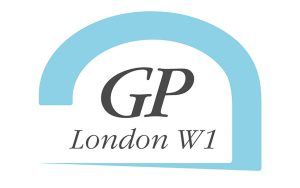The importance of cultivating a happy and healthy workplace
The government has recently launched a new public health consultation which aims to increase take-up of occupational health services. Employers will be encouraged to offer their employees occupational mental and physical health support, particularly in small and medium-sized enterprises.
It is unsurprising that occupational health has become a focus for the government. The latest figures show that the number of people who are economically inactive due to long-term sickness has increased to 2.55 million, and last year alone there were 186 million working days lost to illness or injury. Yet, the consultation notes that only 45% of workers in the UK have access to OH services.

The benefits for companies in investing in employee mental and physical wellbeing are manifold; it leads to reduced sickness absence, higher performance and productivity and better employee engagement and retention. And the importance to employees of occupational health provision is undeniable – studies have estimated that we spend 35% of our waking hours working.
“Work is such a significant part of our lives, so our occupational health work is really satisfying. Our work is broadly split between musculoskeletal issues and work-related stress, depression or anxiety,” explains Dr Fiona Payne. “The latter has been exacerbated since the Covid pandemic.”
Occupational health provider in Central London
At GP London W1, our doctors are all qualified in Occupational Health Medicine and experienced in working with a range of different businesses and industries. The occupational health services we provide includes:
- Fitness to work assessments: to assess whether an employee is mentally and physically fit to fulfil their role and to support them with reasonable adjustments if needed.
- Risk assessments: this can cover fitness to travel to workstation assessments.
- Pre-employment medicals: to assess whether a potential employee is fit for their role and to make recommendations on any adjustments that may be required.
“Many patients can initially be daunted seeing an occupational health doctor,” explains Dr Caroline Wall. “They have had a referral from the management, and they are often concerned that this is a way of sidelining or removing them.
“But this is not the case at all. Occupational health is about supporting people whatever their challenges, and we work with the employer to support the employee so they can fulfil their role by recommending reasonable adjustments.”
For more advice on the Occupational Health services offered by GP London W1, call +44 (0)20 4580 1152 to speak to one of the team.










